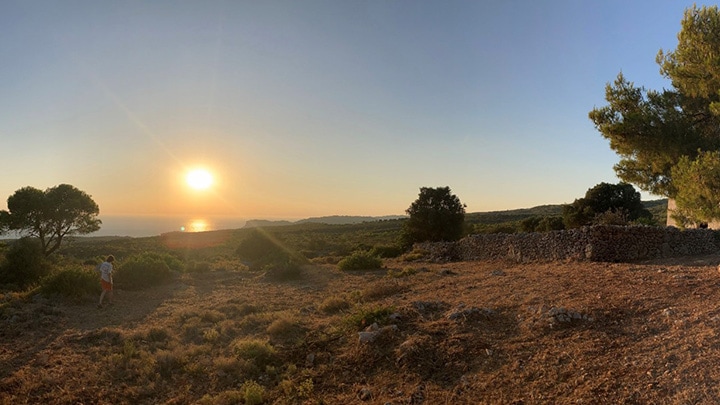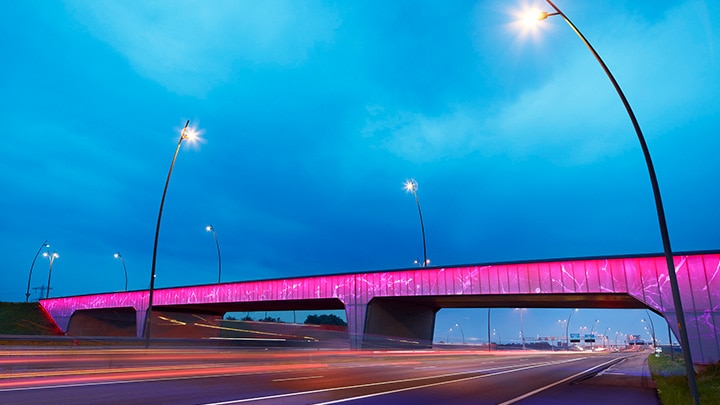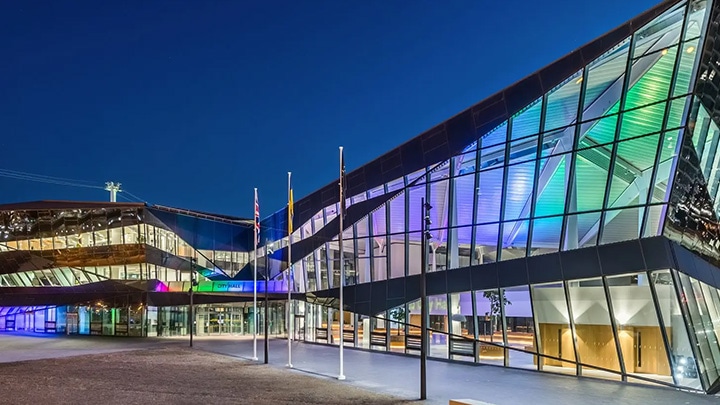


A living-systems lens to lighting design
Attend this webinar to explore how artificial illumination can move beyond energy efficiency to support the health, rhythms, and resilience of all life on Earth.

Smart Places, Safer Roads
Attend this webinar to discover how lighting is evolving from simple traffic-based systems to intelligent, context-aware solutions.

From Concept to Commissioning
Watch this webinar to gain an inside look at the architectural lighting market, as Neil Gamble shares the journey from concept to completion and the stakeholders who bring a designer’s vision to life.